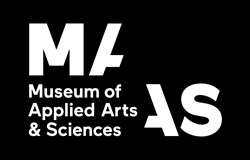When: Tuesday 13th November, 2:00pm – 3:30pm
Where: Theatre, Level 2 down the stairs to the right of the registration/foyer area
Hashtag: #T8
Currently, we know little if youth are aware of climate change, understand its scientific causes or consequences, and potential solutions. In addition, science teachers’ needs assessment is largely lacking in developing science communication efforts. Based on a collaboration with head of science teachers in five lower decile schools, short and simple animations were developed based on best science communication practises. In particular, social cognitive theory (e.g., Bandura, 1995, 2000) was applied, to focus not only on climate impacts but also to increase self- and collective efficacy beliefs of students that they can individually and collectively act to mitigate and adapt to climate change. The five short videos featured animations on (1) how do we know climate change is happening, (2) how do we determine the impacts of climate change locally, and (3) what solutions will best help mitigate and adapt to climate change. Further, two local climate scientists were featured in separate videos as they are considered the most trusted source of information for the public, aligning with deference to authority theory (e.g., Brossard & Nisbet, 2007; Brossard, 2013). These videos were developed as a resource to local science teachers to adapt in various classes. Based on pre-post survey of 150 high school students following exposure to the videos, we found that the intervention increased students’ knowledge about anthropogenic climate change, belief in scientific consensus, and in particular, their individual and collective efficacies to come together and act on climate change. The science teachers also mentioned using the videos in other classes. The intervention indicates the potential for a collaborative effort between science communication experts, climate scientists, and local science teachers to be able to engage and elevate students’ knowledge and efficacy beliefs about climate change. This research also found the dwindling resources for science teachers needs to be met such local interventions to help teachers better address current science issues. The success of the intervention indicates the effectiveness of localised campaigns in affecting change.
Session
Evidence-based scicom: Research exploring knowledge, beliefs and perceptions
Presenter
Jagadish Thaker, Lecturer at the School of Communication, Journalism and Marketing, Massey University
Co-Author
Daniel Rimmer
